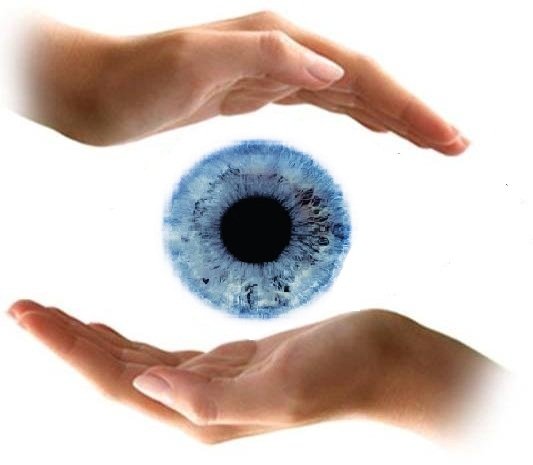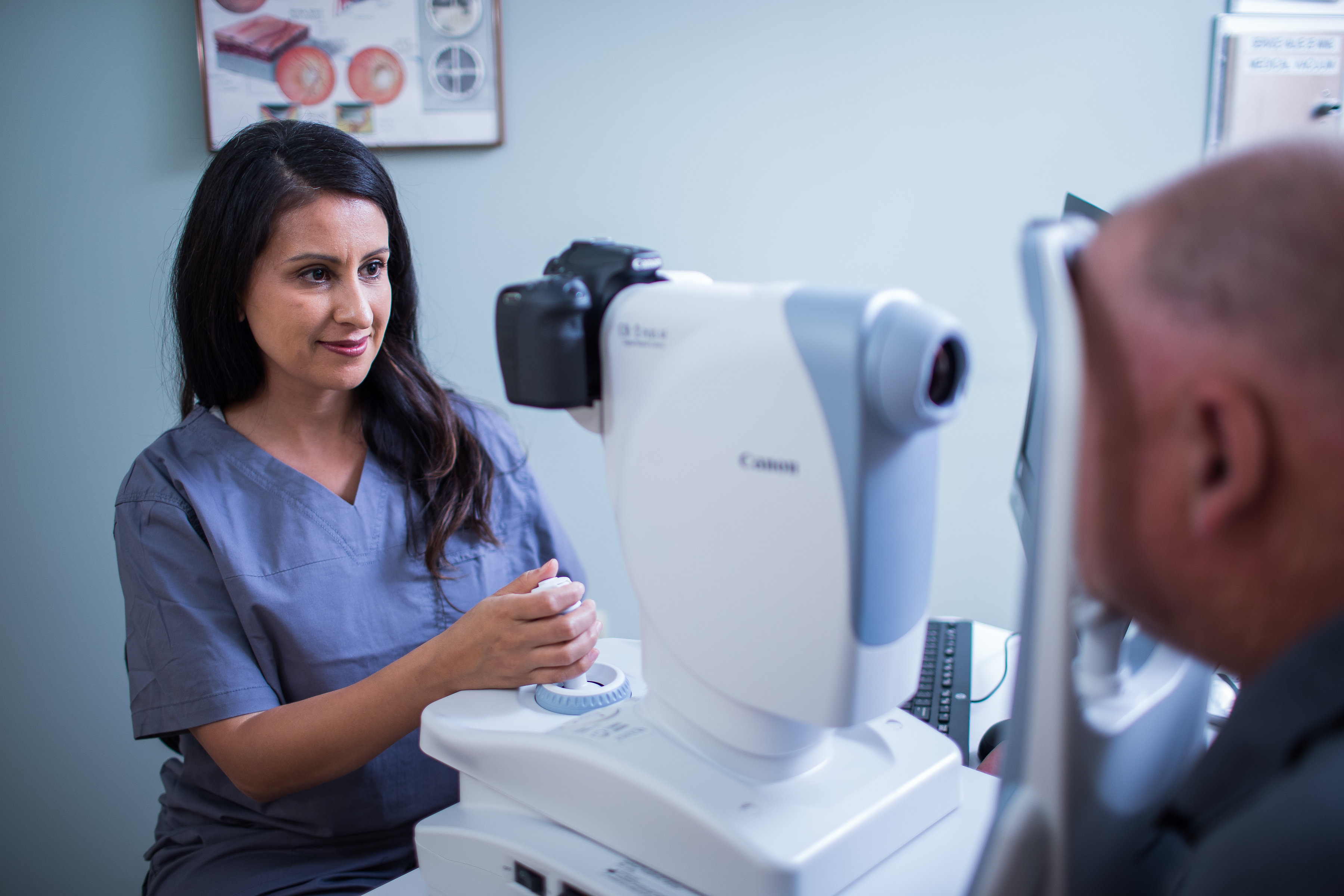Insider's Overview to Handling Glaucoma Effects and Protecting Your Vision

Comprehending Glaucoma Causes and Danger Factors

Acknowledging Glaucoma Symptoms Early
Early discovery of glaucoma signs plays a vital duty in maintaining vision and protecting against irreparable damage to the optic nerve. Glaucoma is typically described as the "quiet burglar of view" due to the fact that it usually advances gradually and without visible signs till considerable vision loss takes place. There are key indicators to see for that might show the existence of glaucoma.
Among one of the most usual early symptoms of glaucoma is the gradual loss of outer vision, often leading to one-track mind. Blurred vision, particularly in the peripheral areas, and seeing halos around lights can additionally be advising indications. Furthermore, experiencing eye pain, redness, or increased stress within the eye might indicate acute glaucoma, a clinical emergency requiring prompt interest.
Routine eye exams are vital for very early detection of glaucoma, especially for people over the age of 40 or those with a household background of the illness. Get in touch with an eye care specialist immediately for a comprehensive analysis. if you experience any of these signs or have problems concerning your eye health and wellness.
Lifestyle Modifications to Support Eye Health And Wellness
Executing healthy and balanced lifestyle changes can dramatically support and advertise optimal eye health. One vital facet is maintaining a balanced diet plan rich in nutrients useful for eye wellness. Foods high in anti-oxidants such as leafy greens, vibrant fruits, and omega-3 fats from fish can aid protect against eye diseases like glaucoma. Furthermore, staying hydrated is necessary for total eye wellness. Drinking an adequate amount of water daily can prevent dry eyes and promote proper eye function.

Persistent anxiety can contribute to eye strain and other vision troubles. By integrating these way of life changes into your day-to-day regimen, you can support your eye health and potentially lower the this hyperlink threat of intensifying or developing glaucoma.
Therapy Alternatives for Taking Care Of Glaucoma
To successfully deal with the progression of glaucoma and maintain vision, checking out various therapy alternatives is necessary. The main goal of glaucoma therapy is to reduce intraocular stress (IOP) to protect against further damages to the optic nerve. One of the most common strategy to handling glaucoma includes prescription eye declines, which can reduce the manufacturing either help of liquid humor or raise its outflow. In cases where eye decreases are insufficient, dental medicines might be recommended to better reduce IOP.
For advanced phases of glaucoma or when medications are inefficient, medical treatments like laser trabeculoplasty or conventional surgical procedure such as trabeculectomy may be suggested. These treatments intend to improve the drain of liquid from the eye, minimizing IOP. Additionally, newer minimally intrusive medical strategies like microstent implantation or endoscopic cyclophotocoagulation are becoming a lot more widespread alternatives for managing glaucoma.
Routine tracking and cooperation with an eye treatment professional are essential to determine the most appropriate therapy strategy for each individual's distinct condition and to avoid vision loss related to glaucoma.
Tips for Protecting Against Vision Loss
Incorporating consistent eye care habits and lifestyle changes can dramatically add to decreasing the threat of vision loss associated with glaucoma. Regular eye evaluations are important in taking care of and keeping an eye on glaucoma development, permitting early detection of any kind of adjustments in the optic nerve or aesthetic field. Complying with prescribed treatment strategies, which might include medicated eye drops, oral drugs, or medical interventions, is vital to preserving ideal eye health and protecting against further vision deterioration.
Preserving a healthy way of life can also view play a role in protecting against vision loss because of glaucoma. Eating a well balanced diet regimen rich in fruits, vegetables, and omega-3 fats can sustain general eye health. Furthermore, avoiding smoking cigarettes and restricting alcohol usage can help in reducing the danger of worsening or developing glaucoma. Securing your eyes from harmful UV rays by putting on sunglasses outdoors and exercising correct eye safety steps during high-risk activities can better secure your vision.
Conclusion
Finally, handling glaucoma signs and symptoms and safeguarding vision needs recognizing the reasons and danger factors, acknowledging symptoms early, making way of life modifications to sustain eye health, exploring treatment alternatives, and executing safety nets. By being proactive in handling glaucoma, individuals can help preserve their vision and avoid additional vision loss. It is important to consult with health care professionals for customized suggestions and treatment plans tailored to specific needs.
Furthermore, experiencing eye discomfort, redness, site link or raised stress within the eye may show severe glaucoma, a clinical emergency situation needing prompt interest.
By integrating these way of life modifications into your everyday regimen, you can support your eye wellness and possibly lower the threat of creating or worsening glaucoma. neurologist andalusia.
Including constant eye care routines and lifestyle adjustments can dramatically add to lowering the threat of vision loss connected with glaucoma. Normal eye evaluations are critical in monitoring and taking care of glaucoma development, allowing for early detection of any modifications in the optic nerve or visual field.In final thought, managing glaucoma signs and symptoms and protecting vision calls for understanding the causes and danger aspects, recognizing symptoms early, making lifestyle changes to support eye health and wellness, exploring therapy options, and applying precautionary procedures.
Comments on “Specialist Neurologist Andalusia: Comprehensive Brain Health Providers”